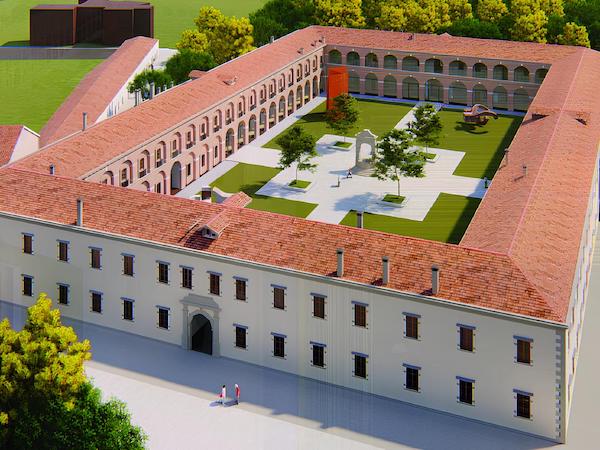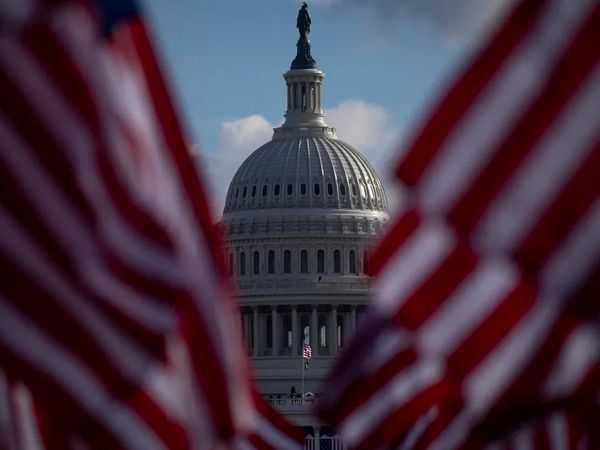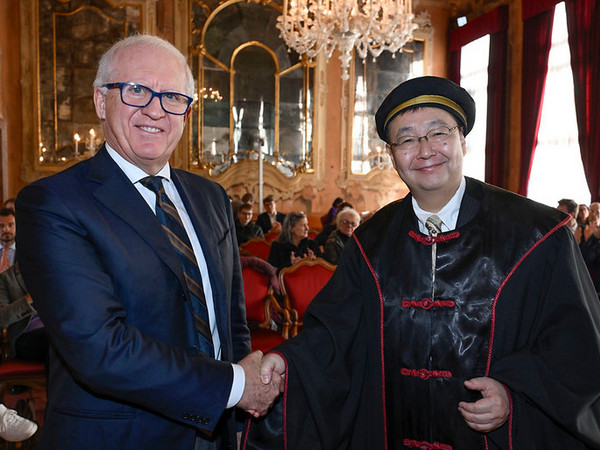From May 27 to 31, Ca’ Foscari University of Venice will be home to a series of conferences and research initiatives to celebrate the 100th anniversary of the ILO, the International Labour Organization, the most long-standing international organization and a specialized UN agency, whose mission is to define international norms on work and work-related matters.
An entire week dedicated to the most current topics in the world of work, with the participation of important institutional representatives and the contribution of the research carried out by the Department of Economics, the Professional Master programme in Labour and Social Security Law and the Ca’ Foscari Center for Legal Studies, in partnership with the ILO, AIDLASS (the Italian Association for Labour and Social Security Law) and EIUC (the European University Centre for Human Rights and Democratization).
Scholars from all over the world will discuss the results of ILO’s report on the Future of Work. For the whole week, Ca’ Foscari will host conferences on topics related to labour law and labour market regulation the digital age, with internationally renowned personalities such as Takashi Araki, Janice Bellace, Antoine Lyon-Caen and Manfred Weiss.
“The topics we will deal with on the inaugural day - states prof. Adalberto Perulli, scientific director of the initiative and full professor of Business and Labour Law at Ca’ Foscari - are strictly connected to the future of work in our society, which is increasingly affected by hard to solve global issues, like technological innovation, migration, unemployment, informal labour, regulatory competition and social dumping. The future of work is complicated and undefined, because we’re talking about economic and social growth processes that are constantly shifting and getting more and more complex. Nonetheless, in this state of uncertainty, there’s an increasing need for fair rules and international standards that can regulate global competition and reinstate values of social justice in the work dimension, the same values that were first articulated in ILO’s constitution, back in 1919, and reiterated in the Declaration of Philadelphia, right after WWII.
“During the week dedicated to the ILO - adds Perulli - we will deal with digital revolution and its impact on work, a trending topic that concerns both Industry 4.0, with its radical changes in the organization of work and production, and the regulation of new jobs created by the GIG Economy and platform economy, with its new protagonists: digital platforms and new workers managed by algorithms, but often free to choose when to work and how much. In Italy, these phenomena have drawn the attention of the Government - to this regard, a series of actions have recentlybeen undertaken, for example to safeguard delivery service riders, who still lack dedicated laws to protect them. But the solution to these problems is still a long way off. The seminars will be an occasion to light up a constructive debate on these topics with colleagues from all over the world - Ca’ Foscari will be home to one of the most important international events on labour law.”
WHAT IS THE INTERNATIONAL LABOUR ORGANIZATION
The three keys in the International Labour Organization’s emblem symbolize its 3 constituting entities - the ILO is the only UN agency with a tripartite structure, made of government, business and trade union representatives, who cooperate to define the policies and programmes of the organization.
With 186 member countries, the ILO aims to ensure decent working conditions all over the world, making sure that labour laws are implemented everywhere, in order to pursue the goal of social justice even in an increasingly globalized world.
The ILO has recently published a Report, the culmination of a 15-month examination by a 27-member commission, made up of leading figures from business and labour, think tanks, academia, government and non-governmental organizations.
The Report, which will be discussed on May 31st at Ca’ Foscari, is based on 10 recommendations, the main being:
- A universal labour guarantee that protects fundamental workers’ rights, an adequate living wage, limits on hours of work and safe and healthy workplaces.
- Guaranteed social protection from birth to old age that supports people’s needs over the life cycle.
- A universal entitlement to lifelong learning that enables people to skill, reskill and upskill.
- Managing technological change to boost decent work, including an international governance system for digital labour platforms.
- Greater investments in the care, green and rural economies.
- A transformative and measurable agenda for gender equality.
- Reshaping business incentives to encourage long-term investments.
Artificial intelligence, automation and robotics will lead to job losses, as skills become obsolete. However, these same technological advances, along with the greening of economies will also create millions of jobs – if new opportunities are seized.
The report outlines the challenges caused by new technology, climate change and demography and calls for a collective global response to the disruptions they are causing in the world of work











